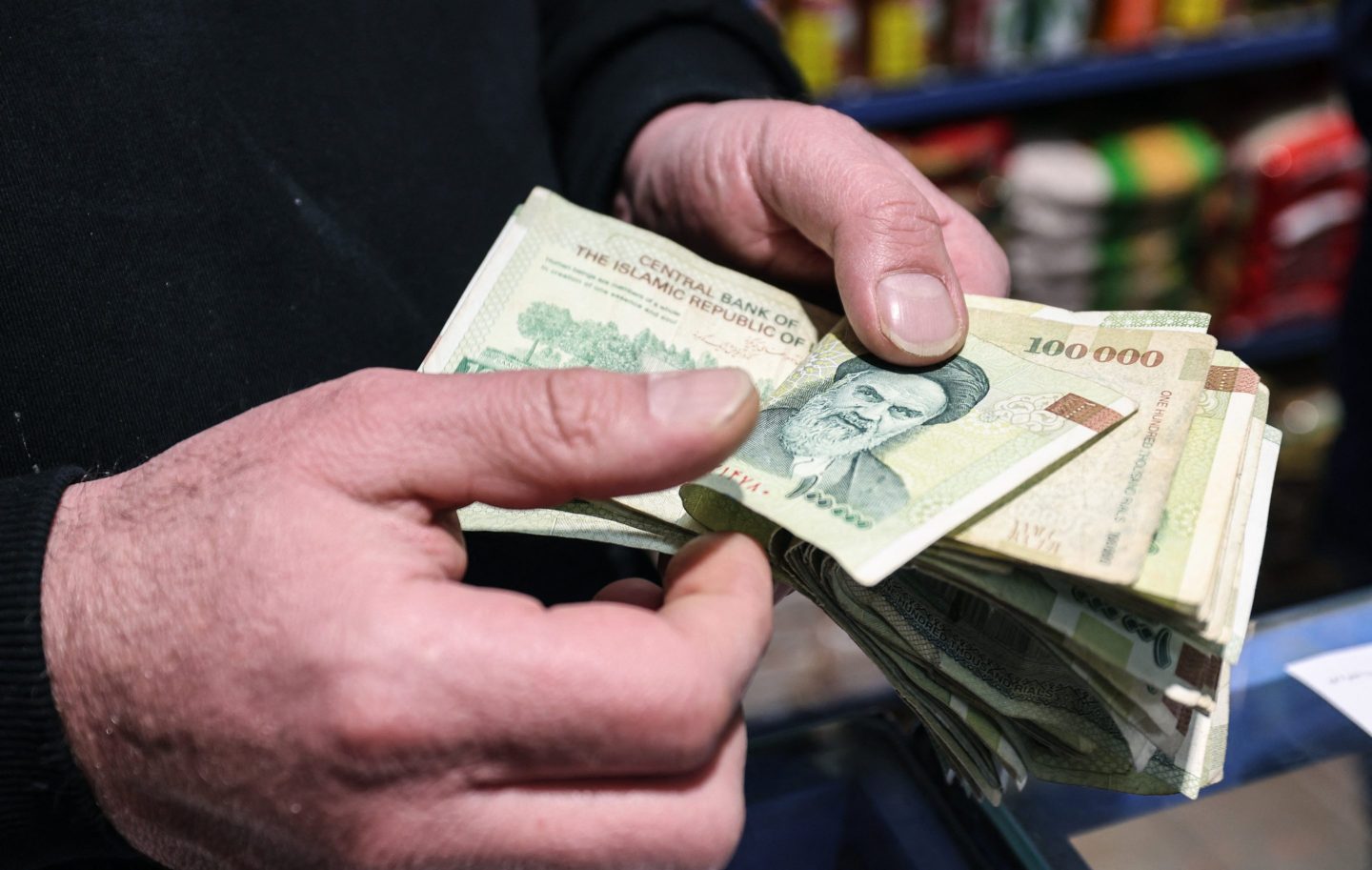
FORTUNE – When MF Global collapsed, confidence in the multi-billion dollar futures markets plummeted as investigators search for answers into more than $1 billion in missing customer funds. Now regulators and exchange operators say they’ve come up with new regulations that could help prevent another meltdown.
Oddly enough, this comes even before investigators have figured out what really went wrong at the broker-dealer under then CEO Jon Corzine.
During the tumultuous days leading up to MF Global’s bankruptcy in October, the firm apparently dipped into customers’ futures accounts. This goes against laws that require the firm to keep its money separate from accounts held by customers. Approximately $1.2 billion went missing, with Corzine testifying on Capitol Hill less than two months after his firm’s collapse that he didn’t know where the money was. Turns out, as The New York Times reported, investigators traced “hundreds of millions of dollars” to banks, MF Global’s trading partners and even the firm’s securities customers. But the developments still leave uncertain how the money would be recovered to customers. And perhaps more importantly, who’s at fault.
On Wednesday, a House committee voted to subpoena an MF Global executive who oversaw the firm’s use of customer money for another hearing next week. Prosecutors in New York and Chicago, regulators, lawmakers are all demanding answers over the disappearance of customer money.
MORE: What’s at the core of corporate wrongdoing?
There are obviously a lot of unanswered questions. But that hasn’t stopped regulators from finding solutions to problems that federal investigators are still trying to piece together.
In December, the U.S. Commodity Futures Trading Commission approved new regulations to protect customer funds. And earlier this month, in response to the MF Global debacle, the National Futures Association announced new rules that would limit what brokerage firms can do with customer money. One proposal, dubbed the “Corzine Rule,” has been gaining attention. It would require a principal, such as a CEO, of a futures firm sign off before certain large transfers of customers’ funds are made. The firm would also need to notify regulators of the transfer.
Those who believe the Corzine Rule might work might also believe things would have turned out differently at MF Global if the rule were already in place. Of course, that assumes they also believe that Corzine himself or other executives would actually report to regulators the money transfers from customers’ accounts.
NFA CEO Daniel Roth says the new regulations would help the futures market regain credibility. But even he has expressed skepticism about how much regulations can really prevent fraud.
“Until this investigation is complete, we will not know the full facts of exactly what went wrong at MF Global,” said Roth, testifying before a House committee about a month after the firm’s collapse. “What I do know, though, is no system of regulation can in every instance prevent people intent on breaking the law from doing so …”
Indeed, regulations are assumed to be less than perfect. Could they be any better without really knowing what problems they’re intended to solve?











